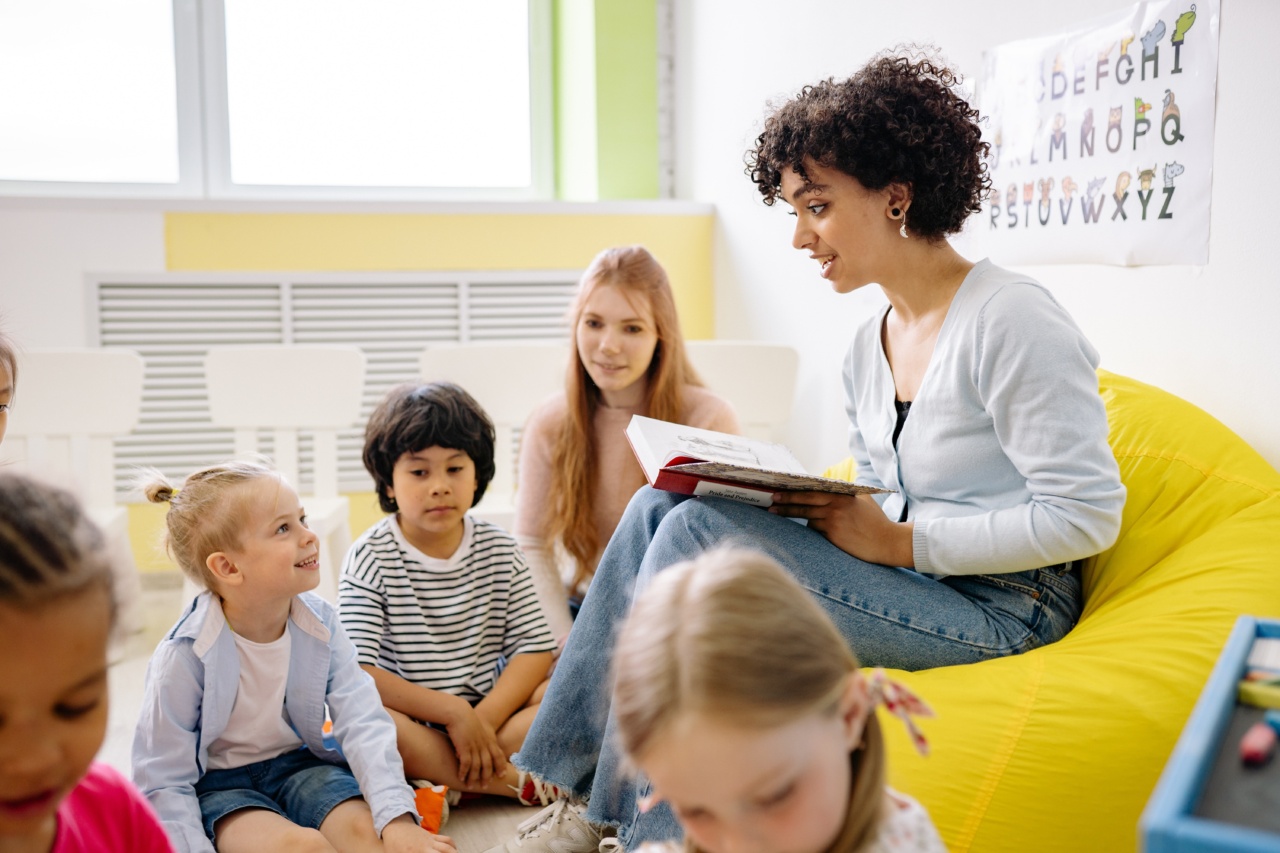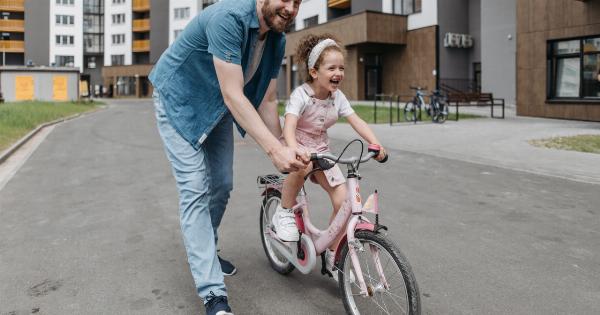The education system has been a topic of debate for many years now. Although there have been various initiatives taken to bring a change in the system, there is still a long way to go. One of the areas that need immediate attention is early education.
Early education has the potential to change the course of a child’s life, and it is imperative to ensure that children receive the best possible education from the early years of their lives.
The Importance of Early Education
Early education is the foundation of a child’s learning journey. It is during the early years that children develop their cognitive, social, and emotional skills.
The first few years of a child’s life are the most crucial, and what they learn during this period shapes their personality and character for the rest of their life.
An effective early education system should involve a nurturing and stimulating environment, with adults who provide children with the necessary support, encouragement, and guidance.
A quality early education system can lead to improved childhood outcomes, such as better academic performance, more significant social skills, and higher graduation rates.
The Current Kindergarten System
Currently, the kindergarten system has been stagnant for decades. While there have been some changes in the curriculum, the basic structure and approach of teaching remain the same.
Children generally start kindergarten at the age of five and are expected to learn the alphabet, numbers, and basic math and reading skills.
The existing kindergarten system is not sufficient for the needs of modern-day society. The world is rapidly changing, and there is a pressing need for adapting the education system to the changing times.
The current system focuses primarily on academic learning, and little emphasis is placed on the development of life skills and critical thinking, which are essential in the 21st century.
The Need for Change
It is clear that the kindergarten system needs to be reimagined to meet the needs of the 21st-century world.
We need to look beyond academic learning and focus on developing a holistic approach that fosters creativity, critical thinking, problem-solving while nurturing social and emotional intelligence.
We must create an education system that prepares children for the demands of the modern economy and society. This means teaching them skills that cannot be easily replicated by machines, such as adaptability, creativity, and empathy.
Revolutionizing Kindergarten and Beyond
To revolutionize the kindergarten system, we need to adopt a student-centered approach. We must provide an empowering environment that encourages children to explore, experiment, and learn at their own pace.
We must shift from a teaching-focused approach to a learning-focused approach, where the children take the lead in their learning and the teacher serves as a facilitator.
In addition to academic skills, we must focus on the development of life skills, including critical thinking, problem-solving, teamwork, and communication.
These are essential skills that will prepare children for the demands of the modern world, and it is imperative that we incorporate them into the education system from a young age.
The Role of Technology
Technology has the potential to revolutionize the education system by providing teachers with tools that can enhance their teaching and provide students with personalized learning experiences.
Virtual and augmented reality can be used to create real-world simulations that can provide students with hands-on learning experiences, while AI and machine learning can be used to create customized learning experiences that cater to individual student needs.
Technology can also enable collaboration and connect students with their peers from different parts of the world. This can foster learning beyond the classroom and help children develop a global perspective.
The Need for Teacher Training
For this revolution to happen, we need to provide teachers with the necessary training and support to adapt to the rapidly changing education landscape.
Teachers must be equipped with the skills and knowledge to incorporate technology and impart life skills in addition to academic skills.
We must also shift the focus from testing and grading to learning and growth. Teachers must provide students with feedback that focuses on their progress and effort, rather than grades.
This will promote a growth mindset, where students view failure as an opportunity to learn and grow rather than a measure of their worth.
The Potential of Revolutionized Education
A revolutionized education system has the potential to create a better world for future generations. It can create a society of learners who are independent, creative, and empathetic.
It can also equip students with the necessary skills to tackle the challenges of the modern world and create innovative solutions to complex problems.
By revolutionizing kindergarten and beyond, we can transform the education landscape and create a better future for our children.

























